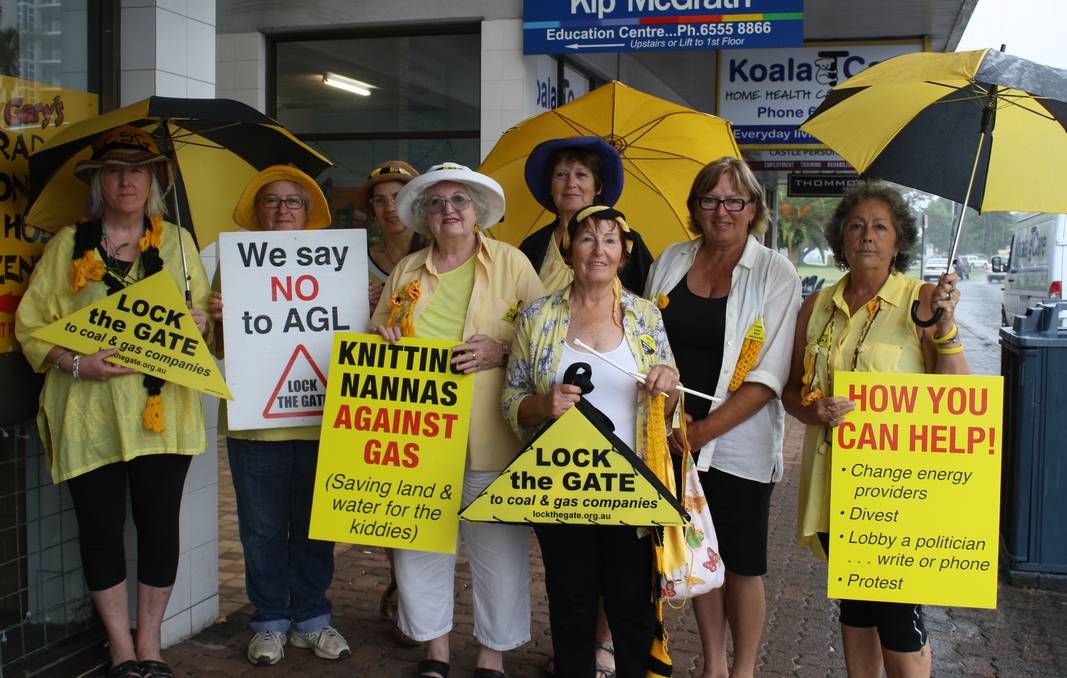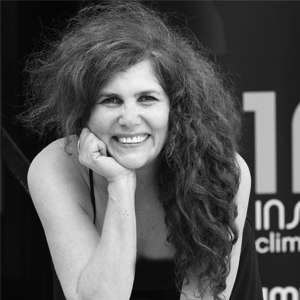Piping fossil fuel gas to suburbia may not make sense anymore.
Society always looks strong to me when women are prominent and equal partners in defending the wellbeing of people and planet.
One of the most inspiring examples in Australia right now comes from the brave communities standing up to the coal seam gas industry.
Gas is on my mind because 1 Million Women's friends at Green Capital and the Total Environment Centre are running the 'What About Gas?'* forum series, probing whether natural gas has a future in a sustainable energy mix.
While traditionally gas has been promoted as a lower-cost, lower carbon pollution choice for Australian homes for heating, hot water and cooking by comparison with electricity, that may be changing.
Gas prices are rising sharply, like electricity did in the past five years, and electric appliances are becoming much more energy efficient. Piping fossil fuel gas to suburbia may not make sense anymore.
To my mind gas definitely doesn't make sense, however, if it means despoiling farmlands, forests and water resources to extract it from underground coal seams and shale deposits.
Coal seam gas or CSG and other so-called 'unconventional gas' resources are the hottest issue in big areas of rural Australia right now, along with coal mining expansion. Farmers and environmentalists are uniting, and in the recent NSW election The Greens made some big gains in rural electorates.
From the Knitting Nannas of far northern NSW, to the ranks of major campaigns like Lock the Gate and Land Water Future, to farmers and town folk, to the public interest lawyers of the Environmental Defenders Office, women are crucial participants.

This is not to diminish the likeminded efforts of men in any way. It's to assert strongly that most if not all aspects of human society and economy are better when women are at least as prominent as men.
Unfortunately, you only have to look at the Boardroom's of most of our major corporations and the Federal Cabinet to know what imbalance looks like. The Cabinet only has two women but there are 17 men.
When I checked the Board composition of some of the biggest gas sector companies, the nearest to gender equality that I found was Origin Energy with three women from a total of eight Directors. AGL Energy and Santos were both two out of eight, and Shell was three out of 13. All of them had male Chairmen and CEOs.
At least the companies are doing better than the Cabinet! Where even the Minister for Women is a man!
I firmly believe, however, that governments and companies will always struggle to represent the communities that they want to vote for them or buy from them unless their Board and Executive Team make-ups reflect society better. (Women are about 51 percent of the population and make or heavily influence about 85 percent of household purchasing decisions.)
In May I'll be a guest speaker at the 93rd annual meeting of the Country Women's Association NSW in Tamworth, addressing hundreds of mainly rural women.
Without doubt I'll be highlighting the vital contribution that women can make to action on climate change. And I feel sure that CSG drilling and coal mining impacting on precious farmlands and water aquifers will be top of mind for many in the audience.
To those mainly rural and regional communities that are standing up for the integrity of productive food-growing soils, priceless water purity and the natural environment against unsafe CSG, I say this: the 1 Million Women team stands with you, and so will many, many of our members and other Australians regardless of gender.
*If you are interested in the Green Capital business breakfast forum looking at gas issues, in Sydney on Wednesday April 22, you can get more information at www.whataboutgas.com. Also keep an eye out for screenings of the new Australian film Frackman – The Movie.

